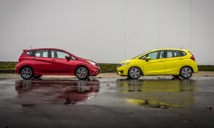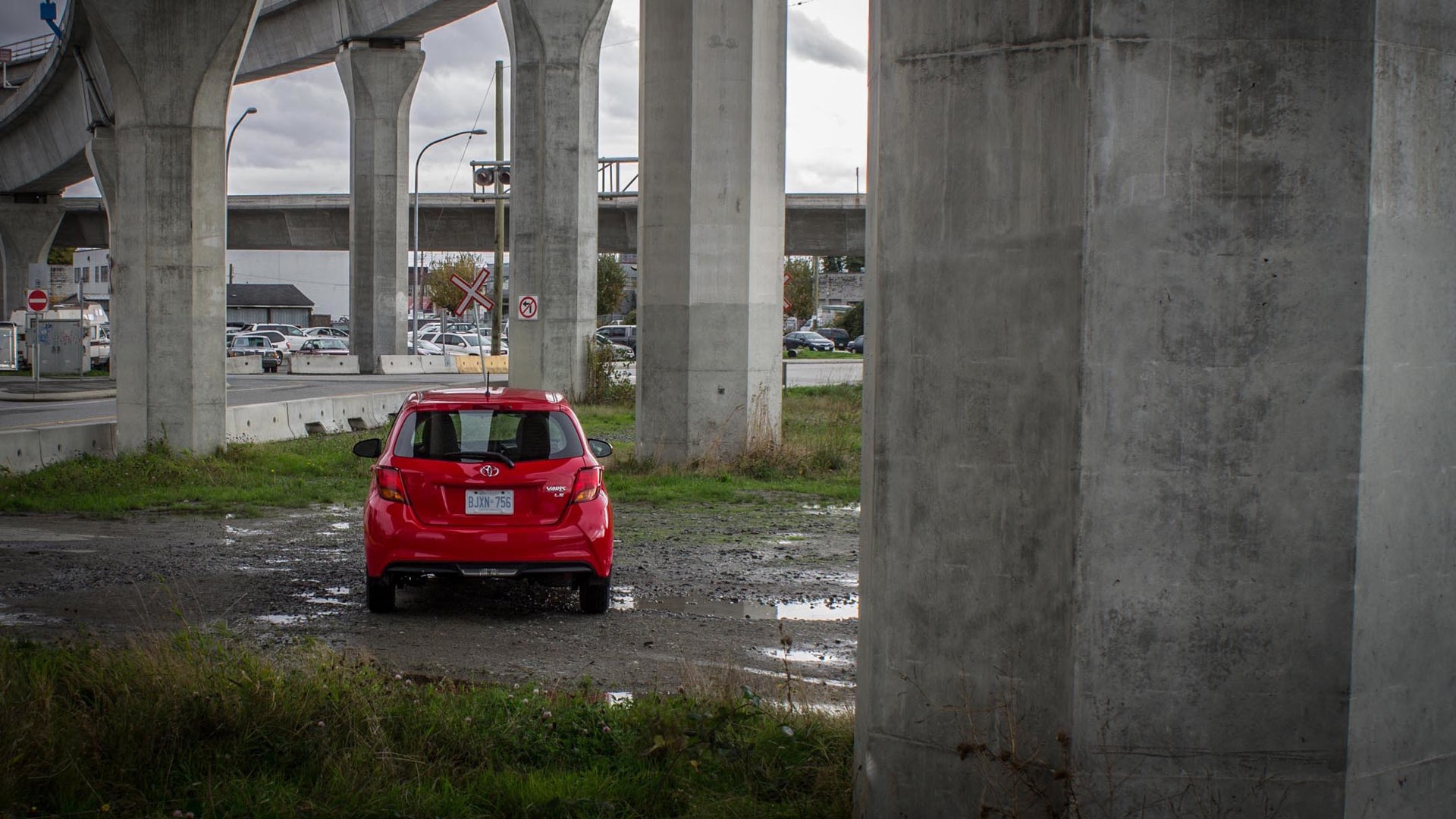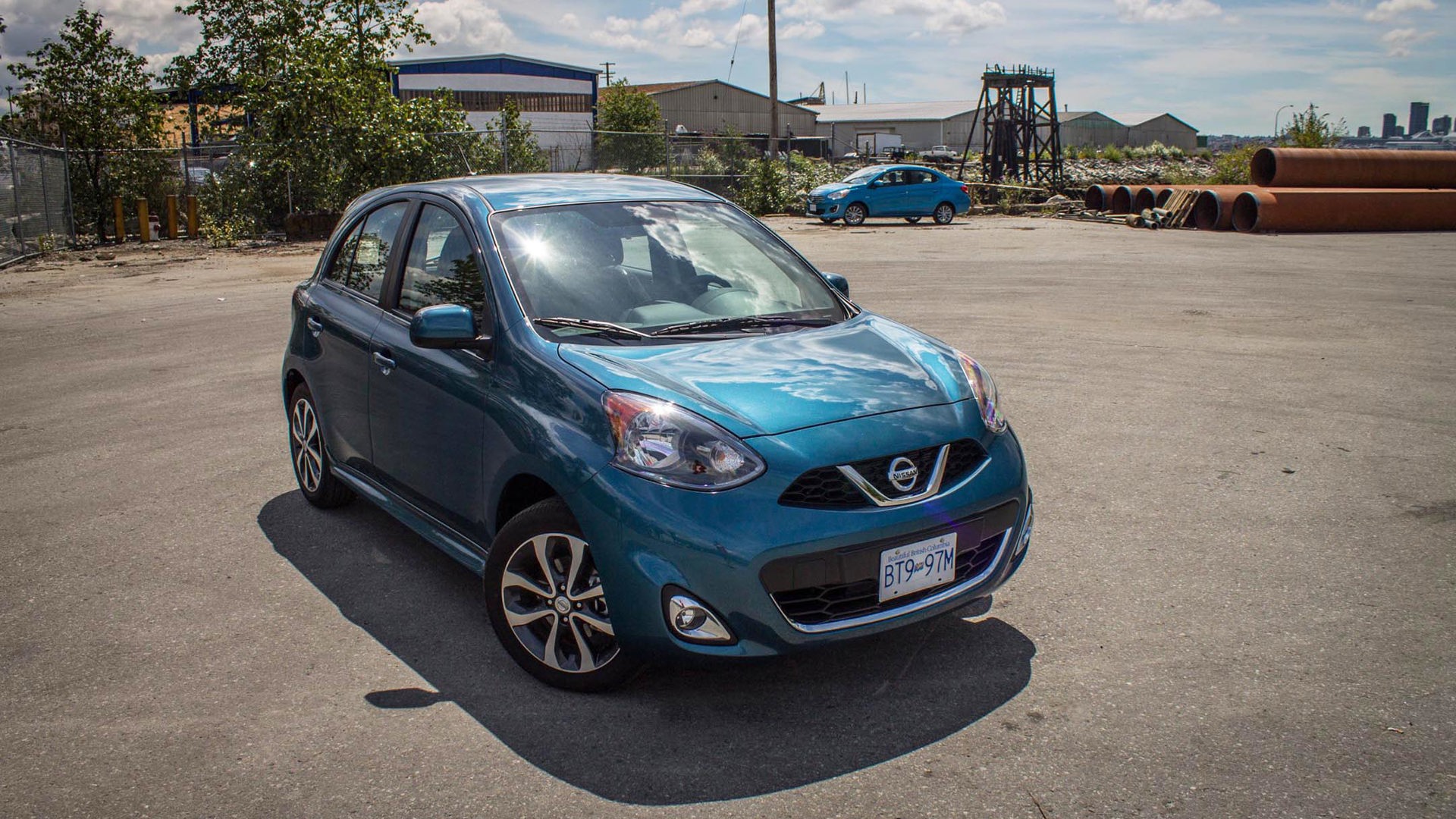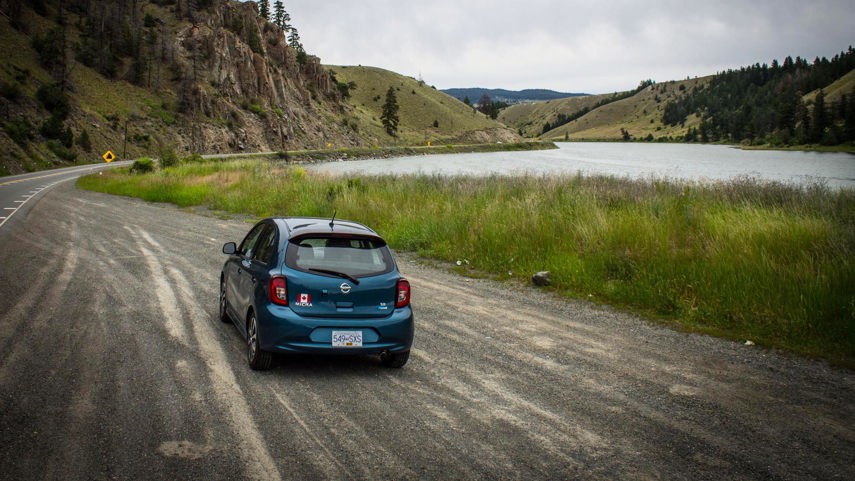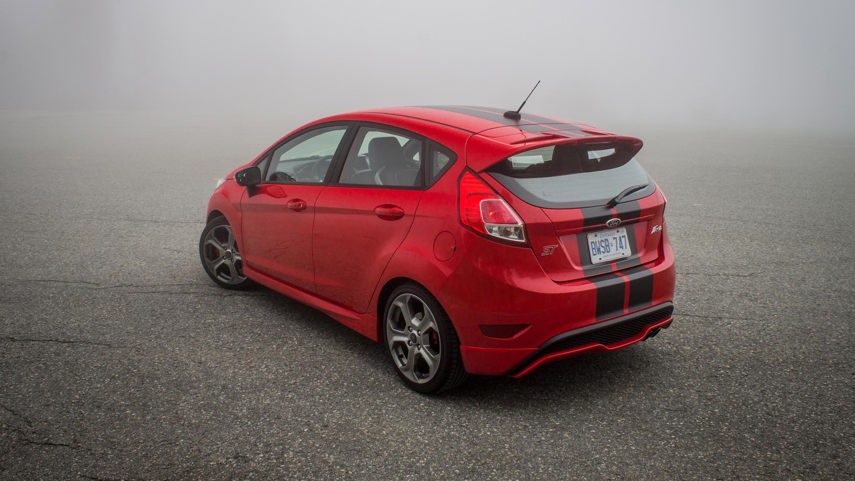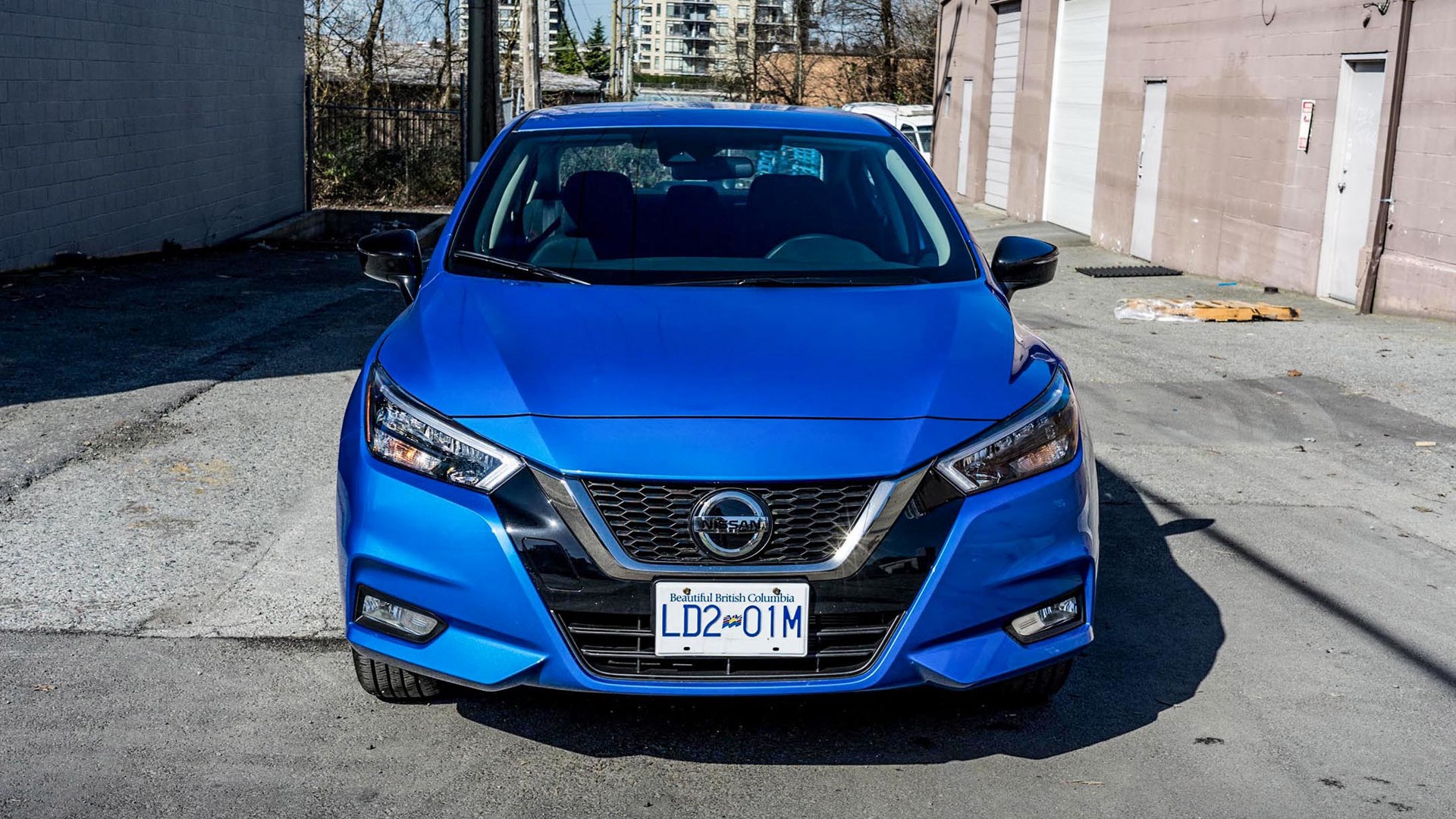Once upon a time, Canadians liked to hang out in penalty boxes. I forget which auto writer came up with the term, but it was a fairly accurate description for a low-feature, low-priced, low-consumption small car. These cars weren’t great, but they got the job done. Besides, there are other box-related terms that are less family-friendly. Penalty box it was, and we loved them.
Perhaps it was the inherited thrift of our immigrant parents. Perhaps it was a bit of the prairie-born pragmatism of leaders like PM John Diefenbaker, often seen riding around in his plain-Jane Oldsmobile. Whatever the case, Canadian consumers have long held that cheap equals smart where automotive purchases are concerned. However, that attitude is changing.
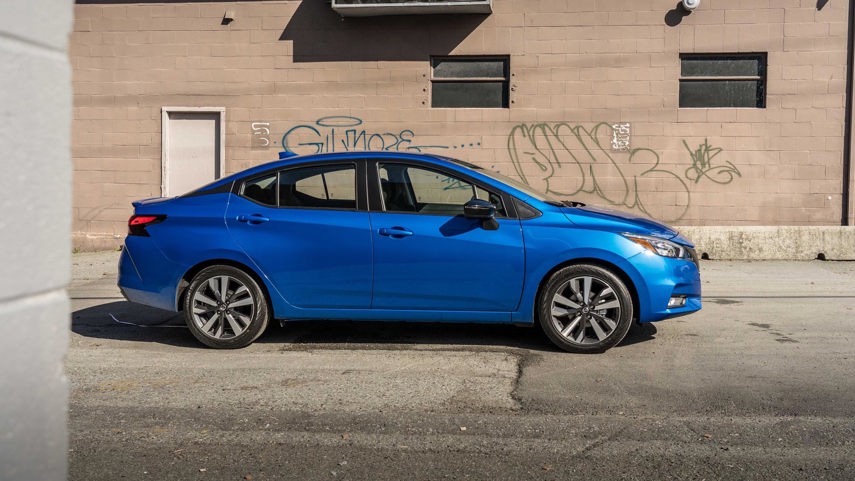
For instance, this little car is a Nissan Versa sedan. It starts at $16,948 for the most basic model with a manual transmission, while this SR version tops out at just under $23,000 when freight charges are included. That’s not exactly cheap, but it is relatively affordable, and the Versa arguably offers everything the average Canadian consumer might need.
The average Canadian consumer is not buying cars like these. Last year, average new car prices in Canada cracked the $40,000 mark, enough to buy two averagely equipped Versas. Two! Where are people finding the money for big purchases like this?
There are other eroding market segments – such as minivans and midsize sedans – but those changes are more easily explained. Minivans are just uncool to the average consumer (please do not throw Cheerios at my head, I like minivans just fine), and the midsize sedan is a victim of families redefining what constitutes the ol’ Family Truckster. It seems pretty obvious why a family with 2.5 kids and a fluffy golden retriever would buy a Honda CR-V instead of an Accord.
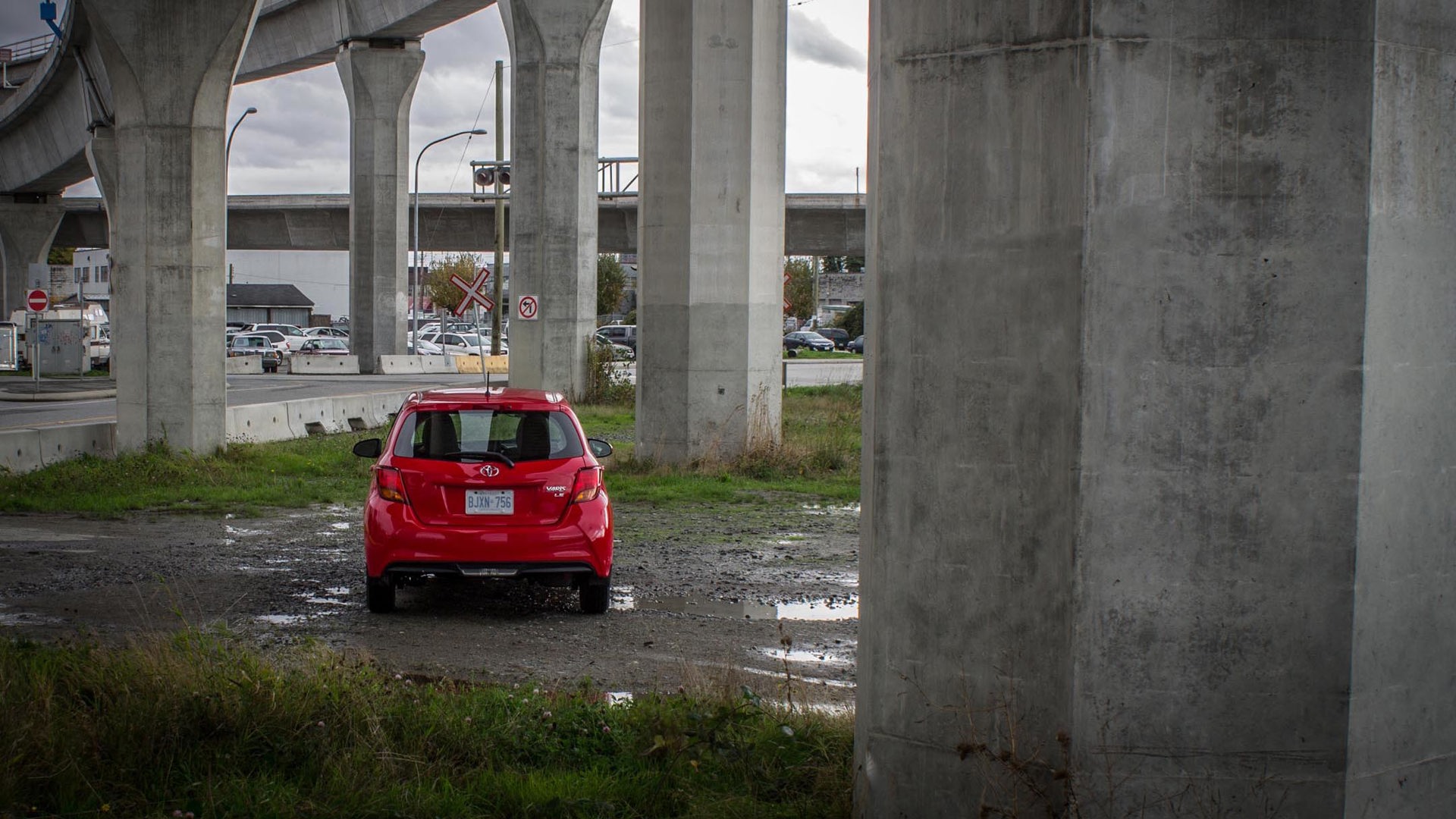
What is more puzzling is why that family might not also have something like a Honda Fit as their second car. Well, I suppose it’s not actually that puzzling really as you can no longer purchase a new Fit in Canada because it's been discontinued. Why are Honda and other manufacturers killing off their small cars?
Let’s list off a few other small cars we’ve lost over the past couple of years. There was the feisty Ford Fiesta (an absolute riot in ST trim). The Toyota Yaris and the Hyundai Accent provided inexpensive, sensible transportation. The Nissan Micra was the sub-$10K envy of more than a few penny-pinching American motorists, who never got the Micra in their market.
Now, all those cars are dead. In fact, if you wander over to a Ford dealership, the smallest 2021-model-year car on the lot is a Mustang. There are a few 2020 Fusion sedans still around, but that car is also on the chopping block. Ford would rather sell you an EcoSport, Edge, or maybe a Bronco Sport. Even in basic trim, none of those crossovers is what you’d really call an econobox.
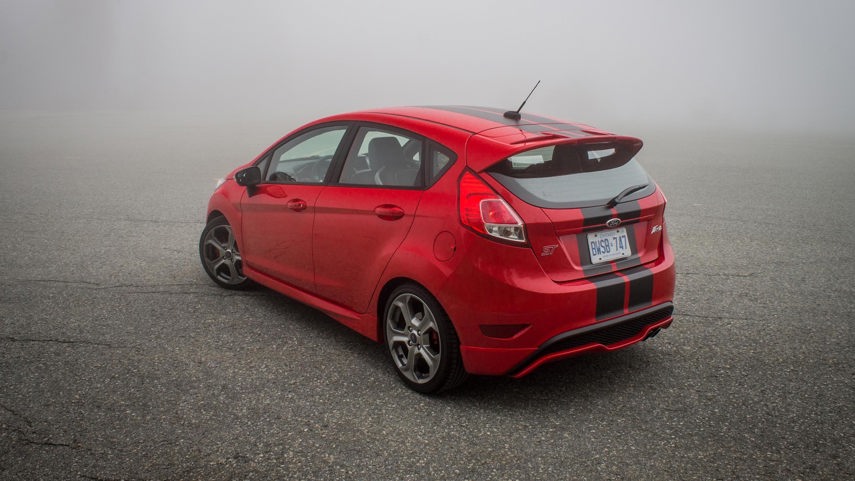
There are a couple of factors at play here, some of them with traps that are a bit dangerous for the unwary consumer. Let’s begin with cheap credit, and the risks therein.
Auto loan term periods have been hitting all-time highs for years now, extending further and further out. The average is now approximately 72 months. You could borrow the money for that little Versa for seven full years at a rate of just 1.5 per cent. With rates like that, why would you buy only the car you need? Why wouldn’t you instead buy the car you want?
The problem here is not so much the total interest paid over such a long term as it is not paying off depreciation quickly enough. Four or five years down the road, the Versa might start feeling a bit cramped or long in the tooth, but you’ll still owe quite a lot of money on it. You might be able to stretch to afford the payment, but just be sure you can also afford the car.
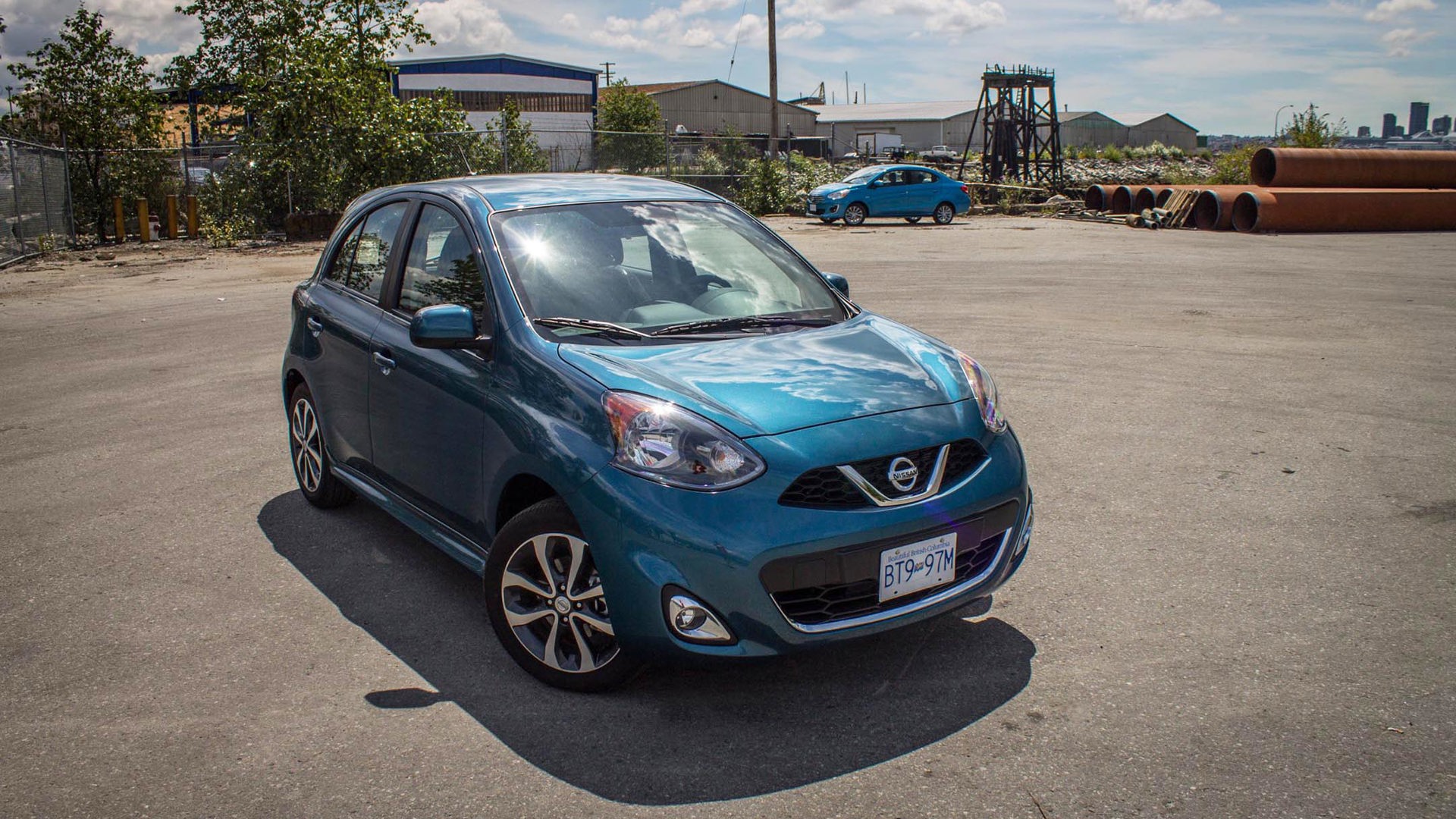
The other part of the phenomenon is that there is no longer the same pressure to buy a new economical car. Why would you buy a new Versa when you could just buy an older version and save a bundle? Or perhaps buy a fully loaded used version for the same price as the basic model. Or go back a couple of years more and get a Rogue, which would fit the family better.
Despite the “they don’t make ’em like they used to” brigade, modern cars are much more reliable than they used to be. There are obvious exceptions, but in terms of mainstream brands, people can keep their cars longer without having to worry too much about big repair bills. Between 2018 and 2019, the average age of cars on the road went from just under 10 years to just under 12. By the end of this year, the average Canadian car might be old enough to apply for its own learner’s licence.

Thus, budget-minded folks are either hanging on to their car a little longer, until they can afford something that’s a step up, or they’re saving money by buying a perfectly serviceable used car. Both strategies make a lot of sense – but both are murder on the new small car market.
The long-term problem, of course, is that if small, cheap cars can’t be sold new, then they can’t be sold used. The inexpensive used compact that parents helped their university-age kids buy is possibly a threatened species in the future.
2021 and 2022 are going to be interesting years in the car market. The global computer chip shortage is going to restrict the supply of new cars, even as a host of popular models come to market. Prices for used cars are already soaring, south of the border, and it seems likely the phenomenon will be duplicated up here.
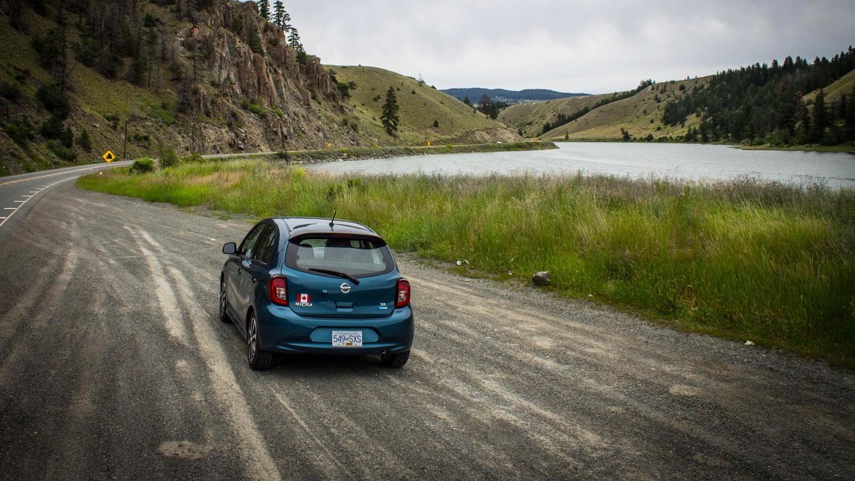
Happily, there are still some very affordable choices out there. At the same Nissan lot as the Versa, you can find the Kicks. At a starting price below $20K, it’s not really a penalty box at all, with push-button start, an automatic transmission, air conditioning, touchscreen infotainment, and on the list goes. The Kicks and other entry-level crossovers are still doing well in the changing market.
Still, we mourn the passing of the once-popular econobox. They may have only offered basic transportation, but they were honest in their purpose, and owners could feel a curious mix of humility and pride while driving them. Small cheap cars offered only what we needed, but they got us where we needed to go and didn’t ask for much in the process. Occasionally, we derided them, but with affection. Once all the penalty boxes are gone, we’ll miss them.
